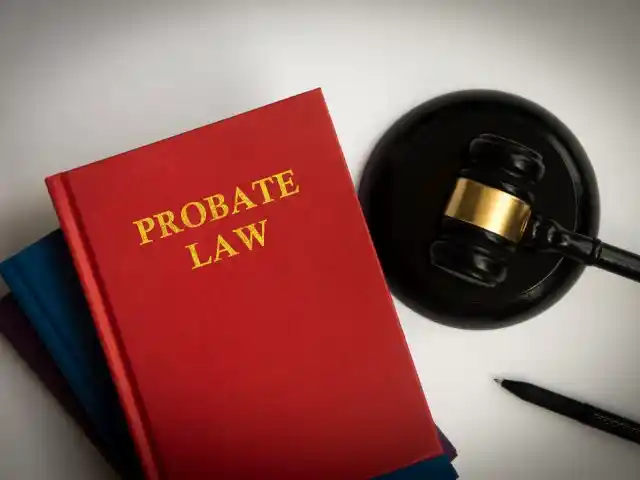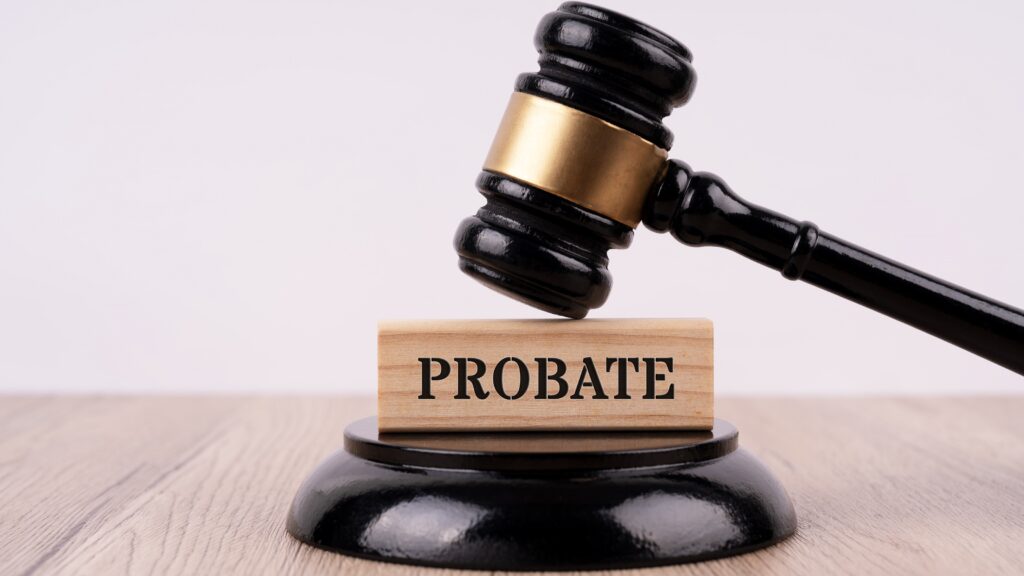Understanding the Role of Executors in Texas Probate
The executor plays a crucial role in the probate process, responsible for managing the deceased's estate according to the will and Texas law. This includes gathering assets, paying debts, and distributing the remaining property to beneficiaries.
In Texas, an executor is typically named in the will, but if there is no will, the court will appoint one. Executors must adhere to specific legal requirements, including filing necessary documents with the probate court and maintaining accurate records throughout the process.
Common Challenges in Texas Probate and How to Overcome Them
Probate can present various challenges, including disputes among beneficiaries, complex asset valuations, and potential claims against the estate. Understanding these challenges can help individuals prepare and navigate the process more effectively.
For instance, disagreements over the interpretation of a will can lead to litigation, which can delay the probate process. Engaging a knowledgeable attorney can provide guidance and strategies to resolve conflicts and streamline the administration of the estate.
Texas Probate Alternatives: What You Should Know
In some cases, individuals may seek alternatives to traditional probate, such as small estate affidavits or living trusts, which can simplify the transfer of assets. Understanding these options can save time and reduce costs associated with probate.
For example, if an estate qualifies as a small estate under Texas law, heirs can use a small estate affidavit to transfer property without going through formal probate. This can expedite the distribution process, making it easier for families during a difficult time.
The Importance of Estate Planning to Avoid Probate Issues
Effective estate planning is essential to minimize potential probate issues and ensure that an individual's wishes are honored after their passing. By creating a comprehensive estate plan, individuals can outline how their assets should be managed and distributed.
Estate planning tools such as wills, trusts, and powers of attorney can help avoid common probate complications. For instance, establishing a trust allows assets to bypass probate, providing a smoother transition for beneficiaries and potentially reducing estate taxes.










